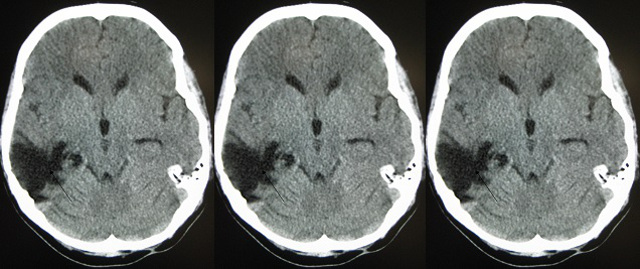 WIKIMEDIA, JAMES HEILMANWhen doctors are testing new drugs or treatments for diseases, randomized controlled clinical trials are considered the gold standard. But in my field of traumatic brain injury (TBI), this gold standard approach is not working. Over the last three decades, dozens of Phase 3 clinical trials evaluating TBI treatments have failed to provide solid evidence of patient benefit.
WIKIMEDIA, JAMES HEILMANWhen doctors are testing new drugs or treatments for diseases, randomized controlled clinical trials are considered the gold standard. But in my field of traumatic brain injury (TBI), this gold standard approach is not working. Over the last three decades, dozens of Phase 3 clinical trials evaluating TBI treatments have failed to provide solid evidence of patient benefit.
When a therapy reaches Phase 3 clinical trials, it has already been tested in animals and in early-stage human studies. Each and every TBI drug that has reached late-stage clinical trials has failed. This 100 percent failure rate represents a huge human and economic cost. Why is this happening?
It is possible that the drugs tested just don’t work. Alternatively, some treatments may have been helping patients, but they were tested in a format where the benefit was not discernible above statistical noise.
I believe clinical trials for TBI and other neurological disorders should be designed and conducted differently. My perspective is informed by watching progesterone therapy for TBI, an approach I have studied in animals for many years, progress into the clinical realm. But ...













